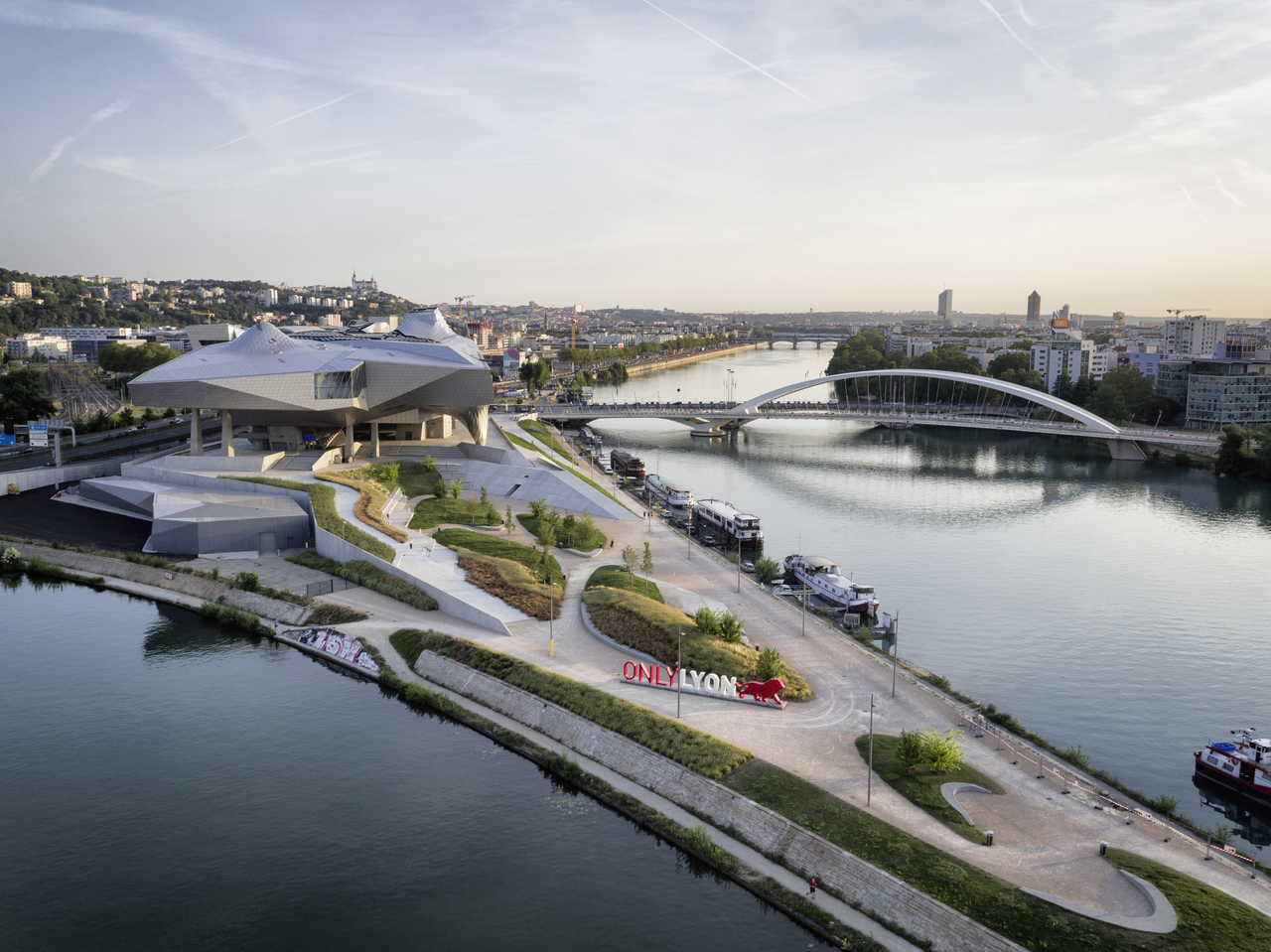19:00, Friday 28th June 2019 : Public Talk in French
’Mondes habitables dans le Système Solaire’ [Habitable Worlds in the Solar System]
by Athena COUSTENIS, Astronomer at LESIA (Paris Observatory)
at the Grand Auditorium of the Musée des Confluences
Free admission

Overview: In the past, exploration of the of solar system in search of conditions that might harbour life primarily focused on our neighbour Mars. However, Voyager, Galileo, Cassini-Huygens and other space missions have revealed the moons of Jupiter and Saturn to be more than just frozen worlds. Rather, they are active places, with geysers and volcanoes, full of organic chemistry, have spongy surfaces and are littered with large canyons. However, above all, they may also hide vast oceans of liquid water below their surfaces. Jupiter’s icy moons Europa and Ganymede, and Saturn’s Titan and Enceladus are now perhaps the some of the most habitable worlds in our solar system, and are environments where, perhaps in the past or in the future, life could emerge. The astrophysicist Athéna Coustenis will present findings from the latest Mars explorations as well as the planned future missions that will study the moons of the gas giants, including JUICE, a European probe that, in 2030, will study the liquid oceans beneath the surfaces of Europa and Ganymede, with the aim to understand their nutrient capacity and energy sources.
Athéna Coustenis is Director of Research, CNRS, at the ’Laboratoire de Recherches Spatiales et d’Instrumentation en Astrophysique’ (LESIA), at the Paris-Meudon Observatory. A specialist in planetology, she studies planets within the solar system, exoplanets around other stars, and the satellites of Jupiter and Saturn. She contributed to the successful Cassini/Huygens mission from its very start and exploited the scientific data obtained. She is now involved in the development of future space missions, such as JUICE that will travel to Jupiter, and ARIEL which will characterize exoplanets. She is Chair of the European Science Foundation Space Science Committee (ESF-ESSC) and Chair of the Panel Planetary Protection of COSPAR. She is part of the advisory bodies for ESA and NASA, as well as CNES and IAA. She has authored over 230 scientific articles, numerous encyclopedia chapters and co-authored several books.
View online : Conférence grand public le 28 juin 2019 au Musée des Confluences, Lyon








